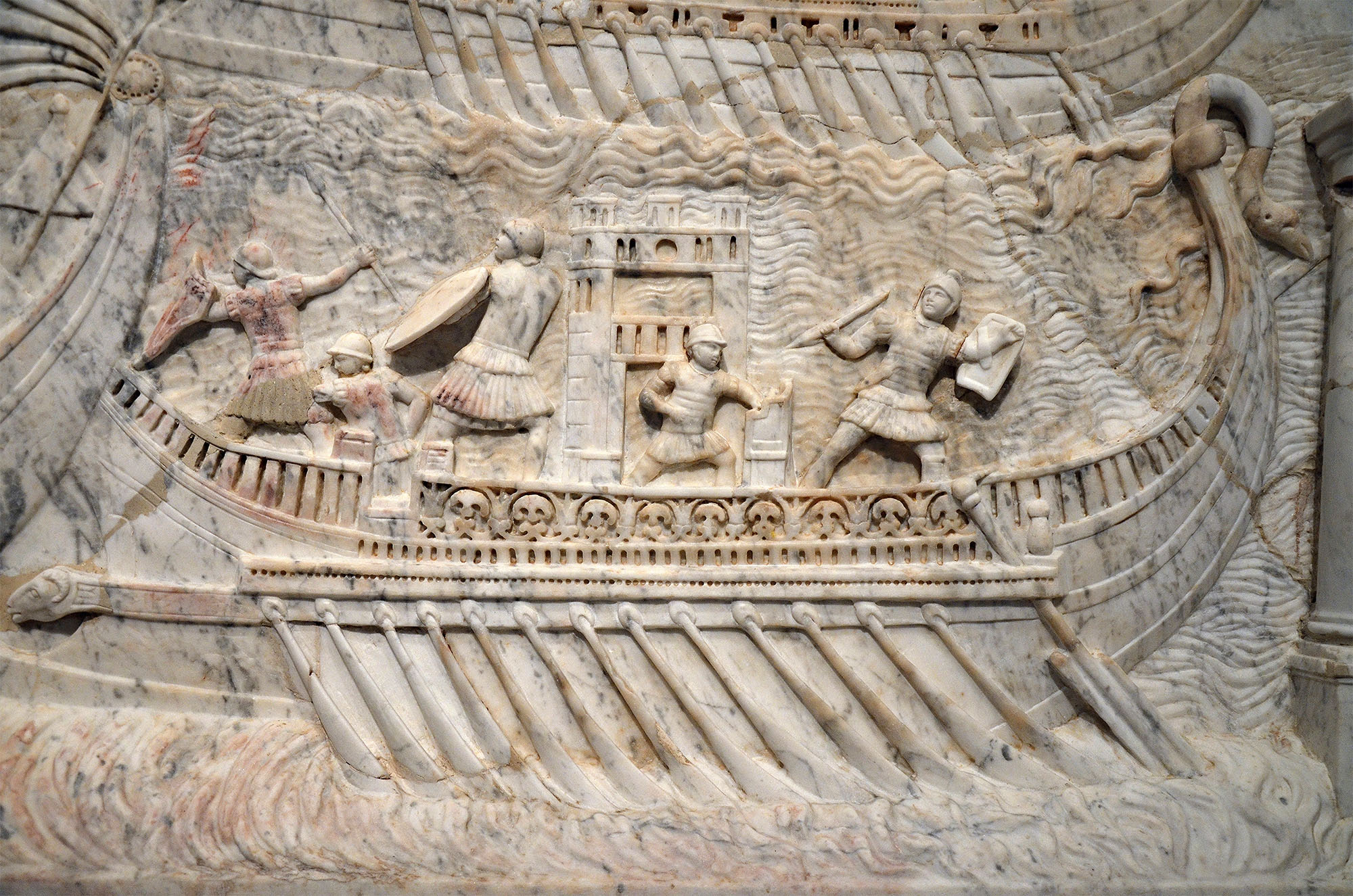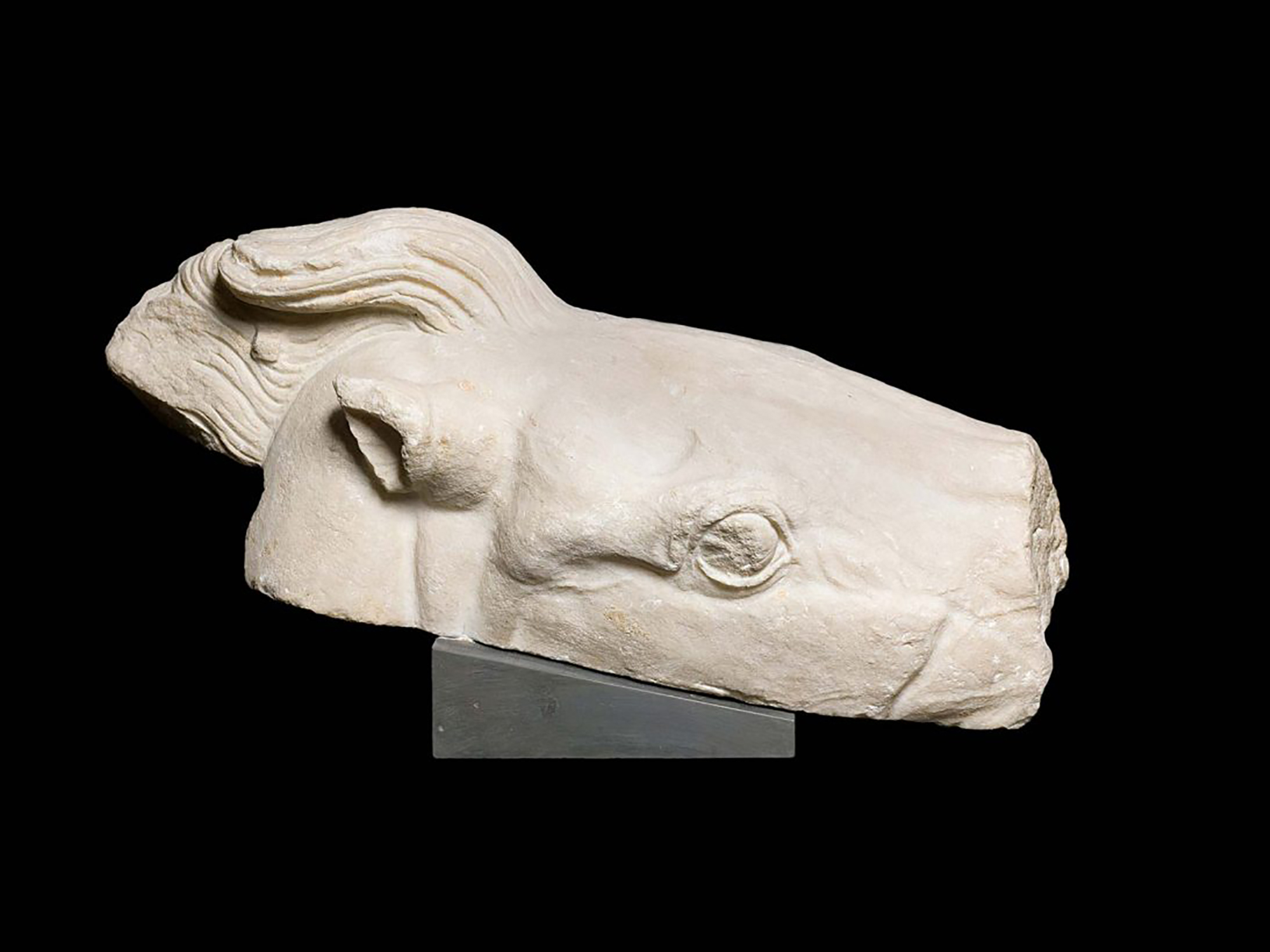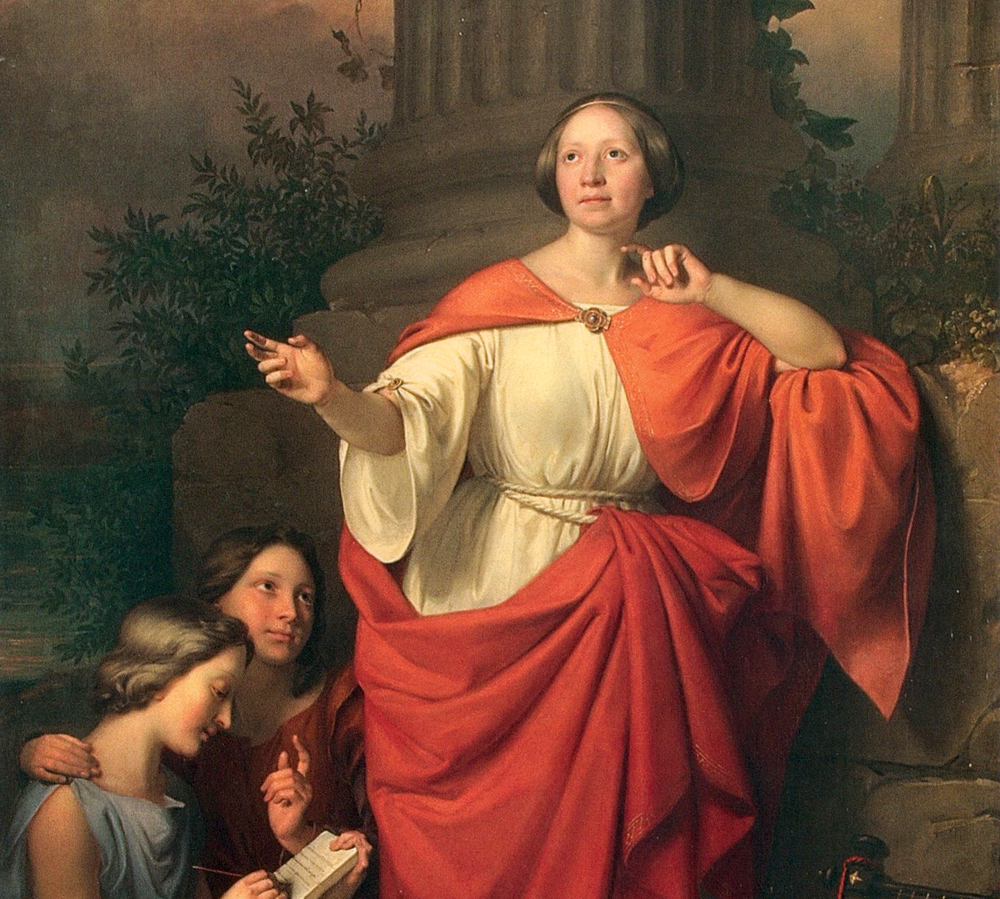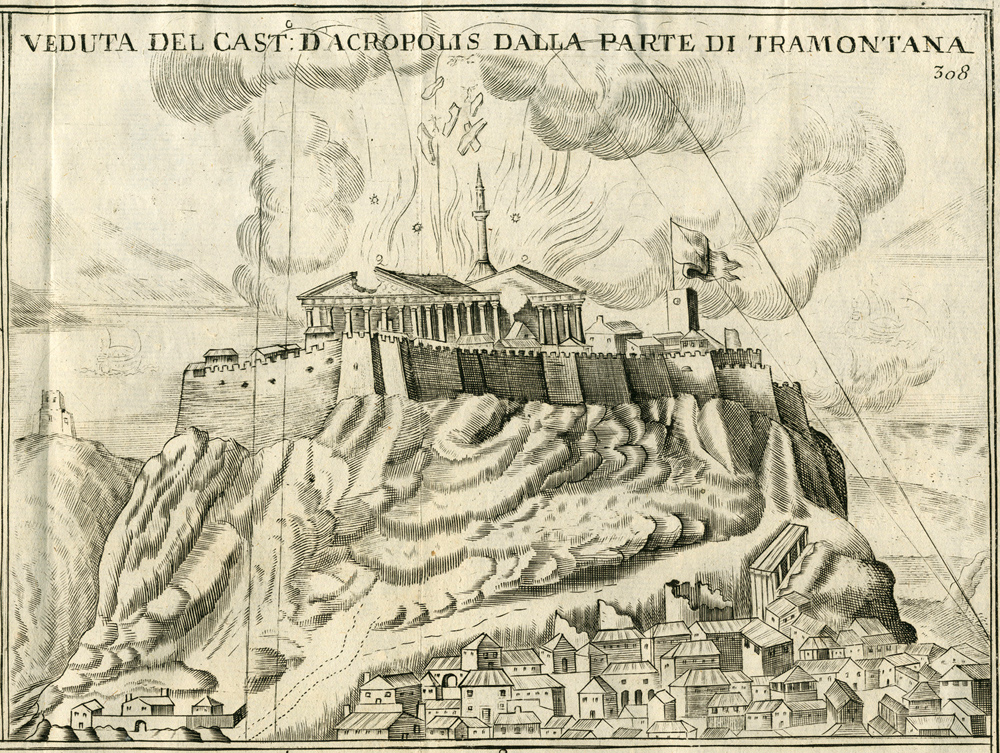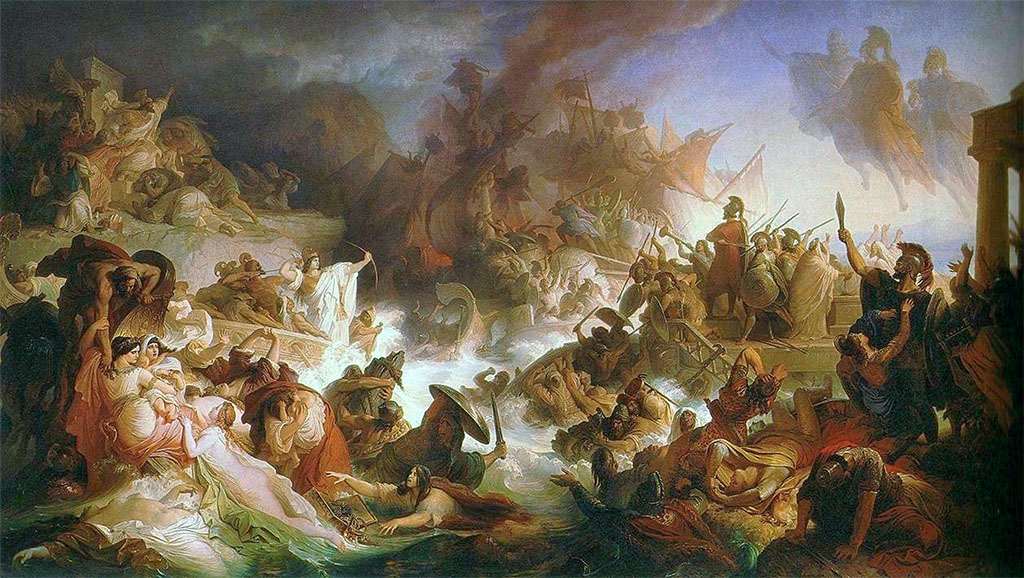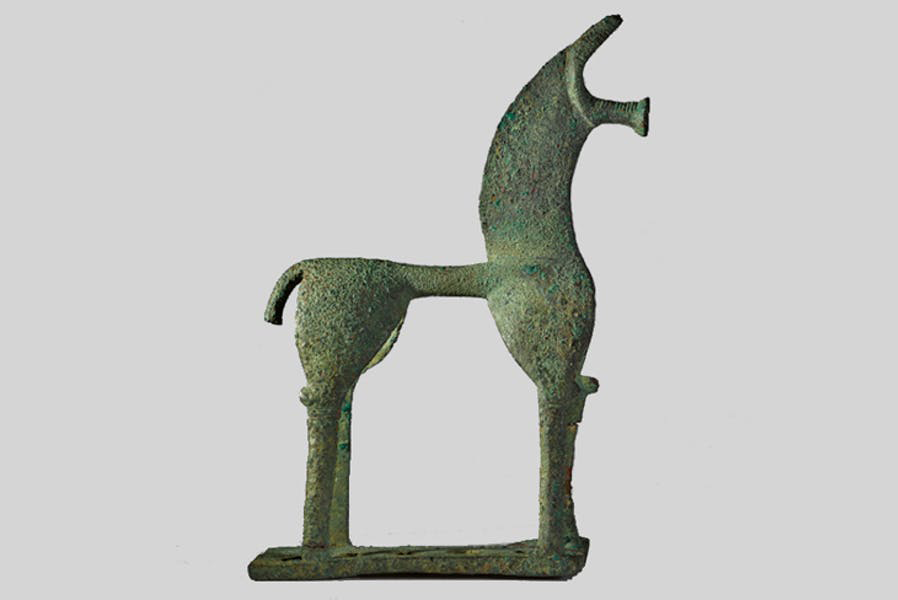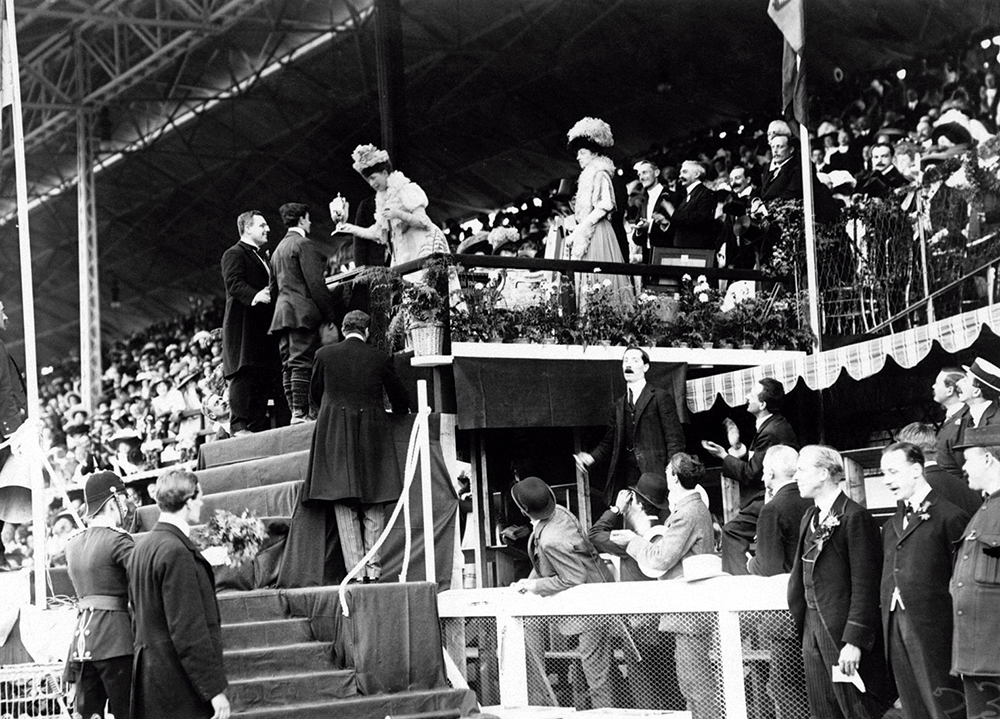Platonic hatred

Athens, c. 387. The Greek philosopher Plato founded the Academy in which he began teaching about ethics, psychology, anthropology, epistemology, metaphysics, cosmogony, philosophy of language and education... He was a student of Socrates, and Plato himself had excellent students at the Academy, like Aristotle.
But although he considered rigor essential, he did not get all the students to arrive in time to start school. At that time, there were time-measuring devices, such as sunwatches and clepsidras. The name Klepsidra comes from the Greek: it means stealing the words kleptein, and the word hidor, water. It was, therefore, a device that measured time “by stealing water”. The simple mechanism of the klepsids was to fill a container of water and allow the gradual discharge of the water through a hole located at the bottom, producing a continuous and regular flow, decreasing the water level of the vessel, marking the time intervals indicated inside the vessel, or placing the marks in a second container in which the water was discharged, to be consumed over time.
But the klepsids were useless to wake up. The only method to escape the claws of Morfeo was the singing of the gallos, but the Academy of Athens seemed not to be very reliable and Plato invented a more accurate system. He simply added an alarm to the clepsidra. On the ground floor, Miguel Strogoff had added another tightly closed jar, both annulled by a pipe. He placed a siphon inside the first pot. When the time was set, the siphon was going to pour water, the air moved would fill the second boat and escape by a small hole at the top, producing a whistle similar to that of a steam in the teapots. So Plato invented the first alarm clock. I intended to add censuses to the device to make the invention more effective and hateful. But apparently, she felt sympathetic to the students and didn't fulfill the threat.
Afterwards, it was the people who wanted to “improve” the alarm clock that took care of it. For example, a saucer filled with metal balls was placed in the second container in which the water was poured. When the water reached the saucer, they made the plate tilt and the balls fell into a third bowl of metal. The hum could have awakened anyone. In another version, the bowl was filled with water and gave way to a kind of catapult that threw a stone into a metal dish. If I threw a ball inside a candle, melting the wax, it detached the ball and hit the metal surface.
Thus, the mechanism of morning torture gradually improved, but the dubious honor of having invented the first alarm clock lies with Plato. We now know the name of who to curse every morning.
Gulf of Ambracia (Ionian Sea). In the 15th century a. 2 September 31. The Romans achieved victory in the naval battle of Accio and ensured control over Egypt. Therefore, the Greek hegemony in the Mediterranean is concluded on that date, but the Hellenic influence has remained so... [+]
Grecia, a.C. Século IV. Varios pensadores gregos, como Aristóteles ou Heraklides, escribiron sobre os etruscos, recollendo unha opinión negativa sobre o pobo que vivía no centro e norte da península italiana. As mulleres etrurianas foron especialmente criticadas e o... [+]
Antzinako Greziako hainbat tenpluen sarreretan, eskailerez gain, arrapalak topatu dituzte.
Atenas, K.a. 448-432. Akropoliaren gailurrean Iktinos, Kalikrates eta Fidias arkitektoek diseinatutako tenplua eraiki zuten, Atena Partenos jainkosari eskainia.











